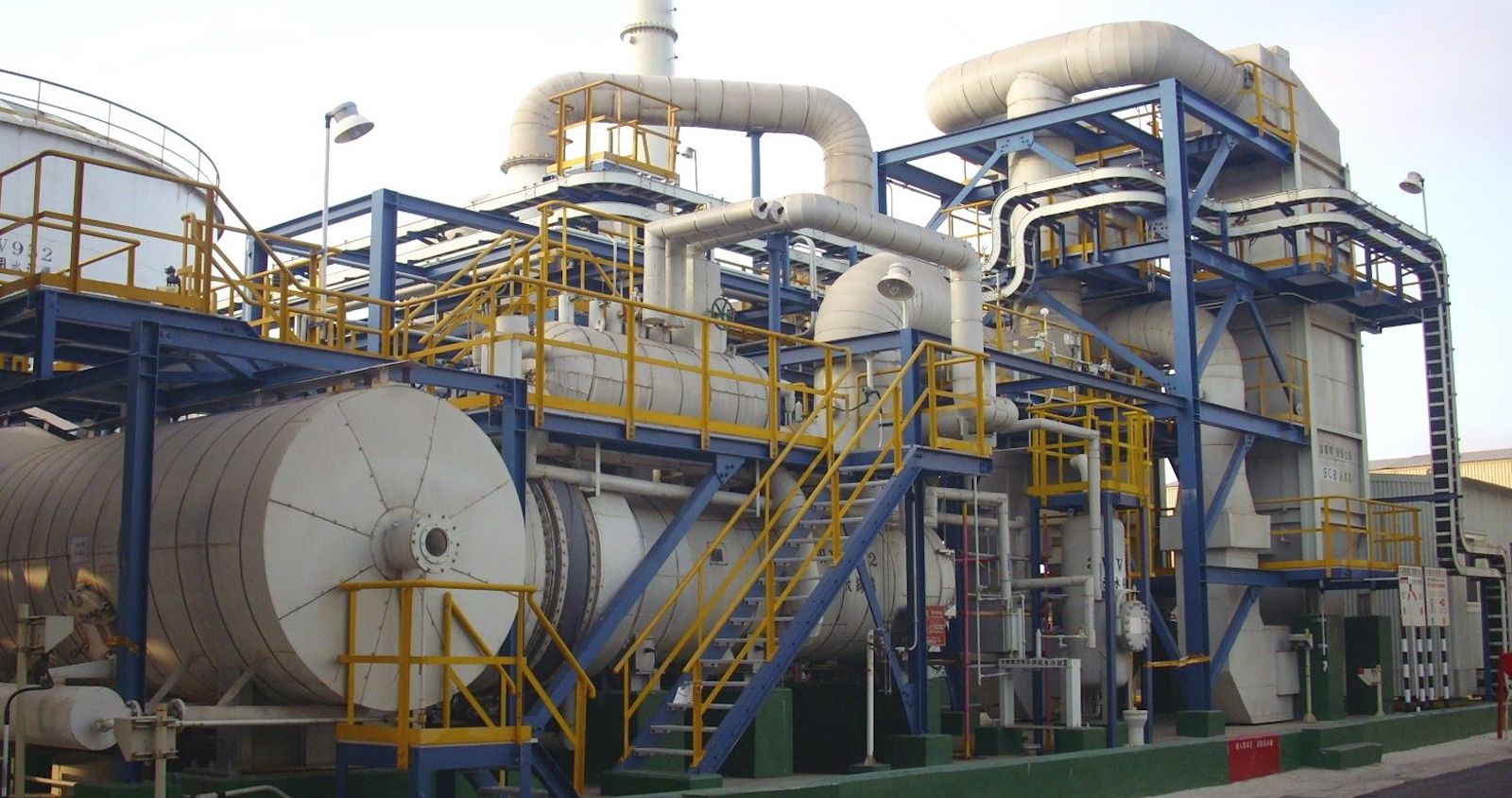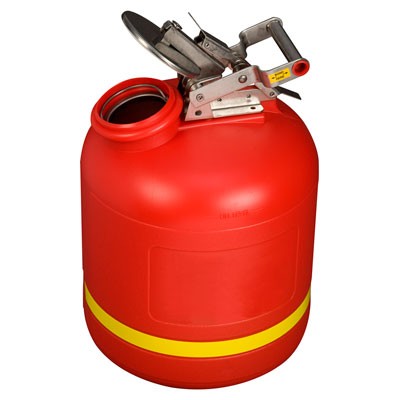Recognizing the Comprehensive Refine of Liquid Waste Disposal: Finest Practices and Environmental Influence Considerations
The administration of fluid waste disposal is a diverse concern that requires a comprehensive understanding of various best techniques and their connected ecological impacts. From the types of fluid waste generated to the techniques employed for collection, therapy, and final disposal, each action plays a critical function in guarding ecosystems and public wellness.
Kinds of Liquid Waste
Understanding the different types of liquid waste is crucial for effective administration and disposal practices. Liquid waste can be extensively classified right into a number of kinds, each requiring unique handling and therapy approaches.
Industrial fluid waste frequently has unsafe materials, consisting of heavy metals, solvents, and chemicals, produced throughout manufacturing processes. These wastes require stringent regulatory compliance to secure human health and the environment. Domestic fluid waste largely describes wastewater produced from households, consisting of sewage and greywater, which, although much less hazardous, can still posture significant threats if improperly managed.
Agricultural fluid waste, consisting of drainage from farms, commonly consists of fertilizers and pesticides that can bring about environmental destruction if not treated adequately. Medical liquid waste, created from healthcare facilities, includes contaminated liquids such as bodily fluids and chemicals, calling for specialized disposal techniques to prevent infection and ecological contamination.
Last but not least, oil and oil waste, typically created by restaurants and automobile industries, can cause extreme blockages in drain systems if not handled properly. Comprehending these categories helps with targeted strategies for treatment, conformity with policies, and effective disposal approaches, inevitably promoting ecological sustainability and public health safety.

Collection Techniques
Reliable collection techniques are essential for the proper management of fluid waste, ensuring that it is collected securely and successfully before therapy or disposal. Different strategies are used relying on the kind of fluid waste created, the quantity, and the particular attributes of the waste.
One common approach is the usage of specialized collection storage tanks or sumps, which are developed to record fluid waste at the resource. These systems frequently integrate pumps that facilitate the transfer of waste to larger storage containers or treatment centers. Furthermore, mobile collection devices equipped with vacuum modern technology are employed in scenarios where waste is produced periodically or in hard-to-reach locations.
For commercial setups, closed-loop systems can efficiently minimize leakages and spills, enabling the recovery and reuse of liquid waste. It is additionally necessary to educate personnel on correct collection methods to mitigate dangers related to hazardous materials.
In addition, implementing routine upkeep timetables for collection devices ensures ideal efficiency and safety. The integration of sophisticated monitoring systems can enhance collection effectiveness by offering real-time data on waste levels and prospective threats. Generally, effective collection techniques are foundational to sustainable liquid waste monitoring practices.
Therapy Procedures
Treatment procedures play an important function in the monitoring of liquid waste, changing potentially dangerous materials right into recyclable resources or risk-free effluents - liquid waste disposal. These procedures can be generally classified into physical, chemical, and organic techniques, each customized to attend to particular impurities existing in the waste stream
Physical therapy methods, such as sedimentation and purification, work by eliminating suspended solids and particulate matter. These techniques are frequently the initial step in the treatment chain, successfully decreasing the tons on succeeding processes. Chemical therapies include making use of reagents to reduce the effects of dangerous materials, speed up heavy metals, or oxidize organic contaminants, therefore enhancing the security of the effluent.
Organic treatment processes, including activated sludge systems and anaerobic food digestion, profit from the all-natural capacities of microbes to weaken raw material. These approaches are specifically reliable for wastewater consisting of biodegradable toxins. Advanced therapy modern technologies, such as membrane layer purification and progressed oxidation procedures, are progressively employed to accomplish greater levels of filtration.
Integrating a combination of these treatment techniques not just ensures conformity with regulative criteria however additionally advertises ecological sustainability by recouping important sources from fluid waste.
Disposal Options
Exactly how can organizations make sure the risk-free and accountable disposal of liquid waste? Effective disposal options are crucial for guarding public health and the atmosphere. The main methods include land incineration, therapy, and disposal have a peek here complied with by discharge into municipal wastewater systems.
Land disposal entails the careful containment of liquid waste in marked garbage dumps, ensuring that it does not seep right into bordering soil or water. Incineration, on the other hand, subjects fluid waste to heats, converting it into ash and gases, which require proper filtration to lessen exhausts. This method is ideal for dangerous wastes that can not be dealt with with conventional methods.
In situations where fluid waste can be dealt with, organizations may choose chemical or organic treatment processes to counteract harmful elements prior to releasing the treated effluent into community systems. This route commonly aligns with regulatory requirements, making certain that the effluent meets safety and security requirements.
Inevitably, companies should conduct detailed assessments of each disposal option to determine its feasibility, thinking about elements such as waste composition, governing compliance, and possible threats to health and wellness and the setting. By picking appropriate disposal approaches, organizations can contribute to an accountable waste administration strategy.
Ecological Influence
The ecological impact of liquid waste disposal is a crucial factor to consider for organizations looking for to decrease their eco-friendly footprint. In addition, the discharge of untreated or inadequately dealt with waste right into surface area waters can result in eutrophication, leading to oxygen exhaustion and the succeeding death of fish and various other organisms.

To alleviate these impacts, organizations need to embrace ideal methods such as applying extensive waste therapy processes, promoting recycling and reuse, and sticking to governing requirements. By taking a positive approach to liquid waste monitoring, entities can substantially decrease their environmental impact while sustaining sustainable development objectives. Eventually, a comprehensive understanding of the ecological influences connected with liquid waste disposal is necessary for notified decision-making and accountable stewardship of natural resources.
Conclusion
Effective management of liquid waste is critical for guarding ecological stability and public health. By taking on best methods in collection, disposal, and therapy, alongside adherence to regulatory criteria, the capacity for harmful contamination of ecological communities can be considerably reduced. Continuous advancements in technology and processes add to sustainable waste management initiatives. Inevitably, a detailed understanding of fluid garbage disposal not only mitigates environmental effects yet also promotes a dedication to liable resource management and ecological stewardship.
The management of liquid waste disposal is a multifaceted issue that needs an extensive understanding of various ideal techniques and their associated ecological impacts. From the types of fluid waste produced to the approaches used for collection, therapy, and final disposal, each action plays a critical role in guarding communities and public health and wellness.The environmental influence of fluid waste disposal is an essential factor to consider for organizations seeking to decrease their environmental impact. check out this site Ultimately, a thorough understanding of the ecological impacts associated with fluid waste disposal is essential for notified decision-making and accountable stewardship of all-natural resources.
Eventually, a detailed understanding of liquid waste disposal not only minimizes environmental impacts however additionally fosters a dedication to responsible source administration and environmental stewardship.
Comments on “Safe and Lasting Liquid Waste Disposal: Your Go-To Service Provider”